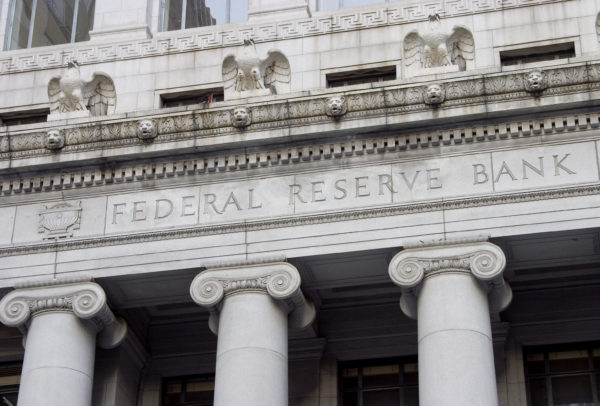
Tim Scala’s experience in the international financial markets began in 1969 as a young foreign exchange trader for a British Merchant Bank at a time when the Breton Woods system was still functional. He was an active currency and fixed-income trader during the most chaotic and volatile periods in history. As a member of senior management for a large regional bank and a member of the bank’s ALCO Committee, helped construct, analyze, and execute the institution’s risk-management function. He has broad and deep experience as a Trader, a Manager, an Instructor and an Expert in trading rooms, courtrooms, and teaching venues for decades. He has a practitioner’s perspective of the major international events influencing global financial markets. Financial professionals from well over one hundred major financial institutions throughout the world have attended his seminars.
Archives


A Limitless Limit
